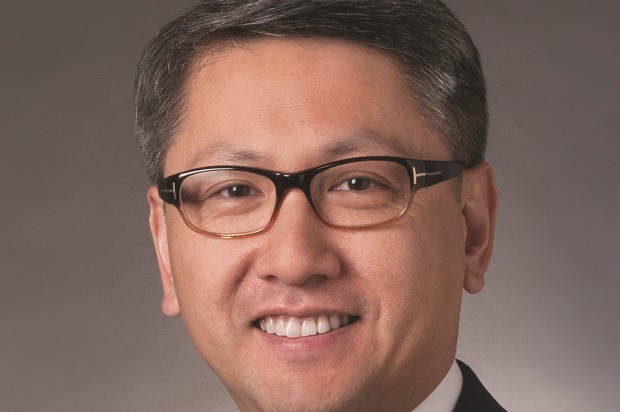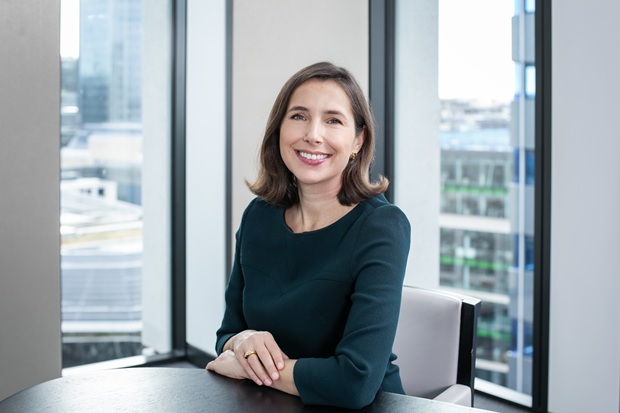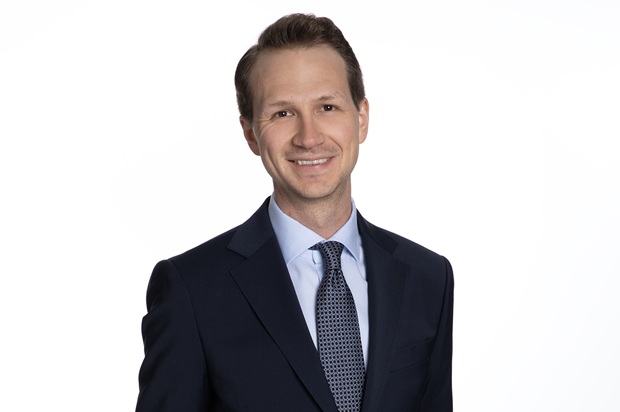
The importance of diversification and the value of flexible mandates
Victor Zhang, chief investment officer of American Century Investments, talks about his current take on markets and lessons learned from his close to ten years at the Kansas City based asset manager.
“I agree.” That is the short answer from Victor Zhang, chief investment officer of American Century Investments, as the discussion touches on a recent Tell Media Group roundtable on high yield in Denmark where one of the fund managers said that investors are being too complacent at the moment.
“This is something I’ve been speaking about for a long time and it’s just starting to happen,” he says. “In the last 15 years – from 2009 until beginning of 2022 – investors anywhere in the world only had to make three decisions. Don’t hold cash and therefore avoid low risk fixed income, own as much equities as possible and especially growth equities, and thirdly don’t diversify. If you made those decisions, you had a great run.” He adds that while it felt like a very odd strategy to everyone who worked in financial markets prior to 2009, it still would have been the right move.
Looking at markets today, he believes it is likely a return to a situation similar to the one prior to 2009. “Rates will be high, inflation will be higher than what we’ve experienced and therefore diversification is more meaningful. Just because diversification doesn’t work all the time doesn’t mean that it has lost its purpose,” Victor Zhang says. The challenge for investors today is to decide what kind of adjustments they need to make to their portfolios and what strategies they should invest in. “I’ve met investors that have had no interaction with a value manager for a decade,” he says.
Furthermore, he questions why investors would stretch themselves today to reach for yield in distressed debt and high yield when you can get good yields with lower risk. “Now is not the time to take on more risk in fixed income. Investment grade credit is a good place to be,” he says. He adds that one should also remember that institutional investors don’t make decisions in hours and days but rather over months and quarters, which means more adjustments will be made in the second half of the year.
Casting a wider net, Victor Zhang says that if one looks at the word in three parts – emerging markets, the US and other developed markets – the consensus right now is that emerging markets is the only place with growth. “The US has low growth to no growth and other developed markets are similar or even worse. Also, companies in the US are having earnings decelerating with S&P earnings virtually flat. With flat earnings growth and with the economy weakening investors should be thinking about downside risks,” he concludes. Asked if it therefore makes sense to have dry powder, the answer is yes. “Cash is one option but you could also have lower risk equities and lower risk fixed income. With everything I just said, I must also say that I’m optimistic because this feels more normal,” he adds.
When it comes to interest rate increases, Victor Zhang says that we can’t look at the data today because monetary policy takes some 12 to 18 months to work. “We haven’t seen the full effects yet. If we paint a wall, we need to wait for the primer to dry before we add the cover. We’re waiting for the primer to dry right now in markets. If we use history as a guide, we should see the full effect of the rate increases in the next 6 to 12 months,” he says.
Victor Zhang, chief investment officer of American Century Investments, on…
….commercial real estate.
“That’s the next shoe to fall and especially office buildings. We’re still in a post-Covid period and the question is how many of us will return to the office on a regular basis. And, even if we go back we will probably use offices differently. However, banks today are better positioned compared to 2008 and we do see opportunities in real estate but that would be more niche areas. Health care is one such area.”
…uncorrelated assets.
“All investors are looking for uncorrelated asset classes that can insulate their portfolios from unpredictable events. And yes, we should always try to do that but we should also be aware that these totally uncorrelated assets might not exist. Bad events will happen and I would rather focus on how we can manage these bad events as they happen. Asset owners often can’t move quickly enough and should therefore, to a degree that’s possible, give their external managers the freedom to take advantage of opportunities during special events such as switching between sub-sectors in fixed income. But yes, there are very specific guidelines for what we can and can’t do. That’s a challenge today for both us and for the institutional investors.”
….some of the main challenges in being CIO.
“There are three groups of people that I’m responsible for. The first is the client. My job and the job of my colleagues is to deliver against the client’s expectations. It’s tremendously fun to solve problems together but it’s also a challenge because we don’t always have all the answers to the questions that our clients ask us. The second group of people is my colleagues. We’re a human capital organisation. It’s about people and diversity, about investing in their careers and making sure they develop. That takes a lot of my time. Making sure that their needs are being heard and also work with HR that we bring in and develop talent. The third group is the shareholders. I put them last because if we do our job well in taking care of clients and colleagues, then shareholders will be well taken care of. In our case, that’s the Stowers Institute for medical research. To me, that’s very rewarding because like most people, I wish I had more time to give back and here I give back by just doing my job well.”



